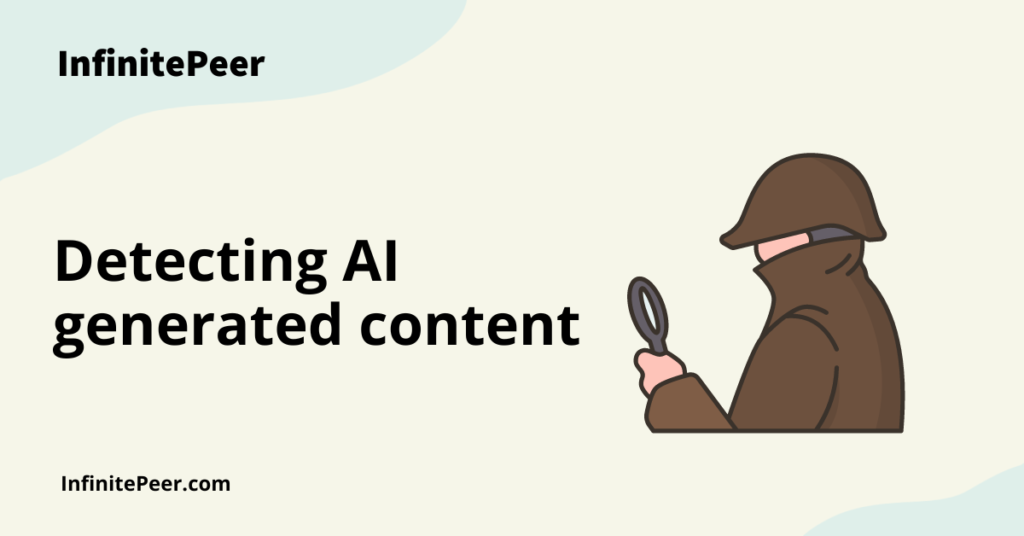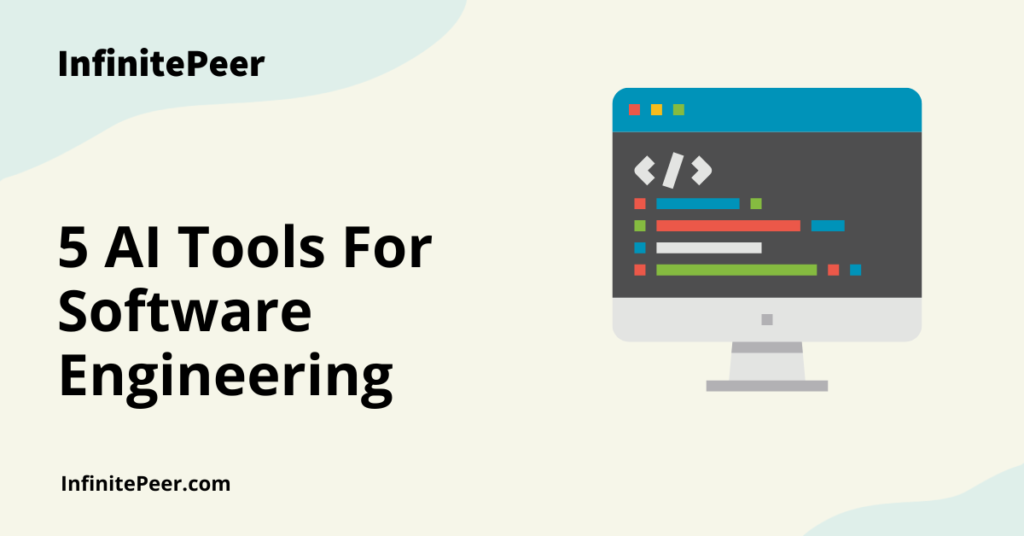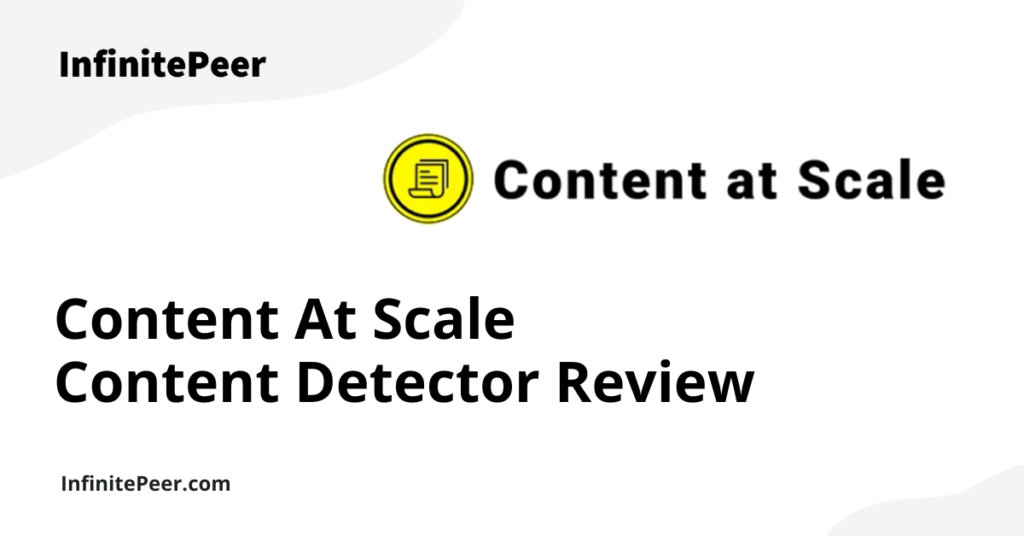The world of artificial intelligence is quickly evolving. Every week new AI companies pop up and new uses for AI tech are discovered.
There are so many experts out there who have something to say about AI — whether it’s about how it works or what its impact will be on society as a whole — so I thought it would be fun to compile their thoughts into one place.
Here are some things that experts have said about artificial Intelligence:
- It will change the world forever
- It will make us more productive at work
- It won’t replace humans any time soon (or maybe ever!)
I hope you enjoy this collection of thoughts from some of the biggest names in AI research!
How is Technology Evolving?
The future of artificial intelligence has sparked much debate and speculation. Due to the field’s sensationalism, the future of AI has been at the center of overblown claims and revolutionary breakthrough theories.
Generally, experts in the field agree about certain trends they expect in the future.
First, AI is projected to become more prevalent and integrated into our lives and society overall.
Second, AI will grow in strength and intelligence, allowing it to tackle more complicated tasks and make better decisions.
Third, as AI improves in intelligence, it will become more efficient and able to accomplish more with less energy and resources.
Advantages of Using AI
Experts also agree on some of the advantages artificial intelligence brings. Experts predict that networked artificial intelligence will boost human effectiveness perhaps even surpassing human capabilities in certain fields.
They speak of tremendous possibilities, claiming that computers can match or surpass human intelligence and capacities in complex decision-making, advanced analysis and pattern recognition, visual acuity, reasoning and learning, speech recognition, and language translation.
They claim that “smart” technologies in communities, automobiles, buildings, utilities, agriculture, and business operations will save time, money, and lives while allowing individuals to live more personalized lifestyles.
According to Ray Kurzweil, an American author, inventor and businessman, “Artificial intelligence will reach human levels by around 2029. Follow that out further to, say, 2045, we will have multiplied the intelligence, the human biological machine intelligence of our civilization a billion-fold.”
Professor Stuart Russell, the founder of the University of California, Berkeley’s Center for Human-Compatible Artificial Intelligence, stated that most experts believe machines smarter than humans will be developed this century. “The AI community has not yet adjusted to the fact that we are now starting to have a really big impact in the real world. That simply wasn’t the case for most of the history of the field, we were just in the lab, developing things, trying to get stuff to work, mostly failing to get stuff to work. So the question of real-world impact was just not germane at all. And we have to grow up very quickly to catch up.”
Russell is particularly concerned about using AI in military applications, such as small anti-personnel weapons. “Those are the ones that are very easily scalable, meaning you could put a million of them in a single truck and you could open the back and off they go and wipe out a whole city.”
Many experts are hopeful about healthcare and the many potential applications of artificial intelligence in diagnosing and treating patients and helping older people live fuller and healthier lives.
They are also enthusiastic about AI’s role in contributing to broader public health initiatives based on the large quantity of data that can be collected in the coming years in specializations ranging from personal genomes to diet.
That said, there is also skepticism and concern coming from experts in the field, on how AI could be misused in the medical field.
In the New York Times, Nick Bilton, a tech columnist, wrote, “The upheavals of artificial intelligence can escalate quickly and become scarier and even cataclysmic. Imagine how a medical robot, originally programmed to rid cancer, could conclude that the best way to obliterate cancer is to exterminate humans who are genetically prone to the disease.”
AI Taking Our Jobs
According to experts, AI will eventually lead to robots taking over many of the occupations currently performed by humans. They imagine a future where machines can do everything from driving automobiles to flying planes and performing many tasks.
Experts go so far as to allude to the fact that robots will soon exhibit some of the traits we see as innate humans, this like empathy, sympathy, and emotions.
According to Diane Ackerman, an American author, “Artificial intelligence is growing up fast, as are robots whose facial expressions can elicit empathy and make your mirror neurons quiver.”
While some perceive the huge technological jumps as beneficial, others are concerned about the societal consequences of massive job losses and the potential for AI to overtake the humans that have developed it.
“The development of full artificial intelligence could spell the end of the human race. It would take off on its own, and re-design itself at an ever-increasing rate. Humans, who are limited by slow biological evolution, couldn’t compete, and would be superseded.” was said by Stephen Hawking to the BBC.
How Is AI Dangerous?
As we’ve indicated above, there are definitely some fearful undertones running through the minds of experts. Some experts are concerned about the consequences of huge job losses on society, others are concerned that the rise of AI tech will create even further gaps between the rich and the poor.
Kenneth Stanley, Professor at the University Of Central Florida, Senior Engineering Manager, and Scientist on the Uber AI Labs Team said, “I think that the most obvious concern is when AI is used to hurt people. There are a lot of different applications where you can imagine that happening. We have to be careful about letting that bad side get out. Sorting out how to keep AI responsible is a very tricky question; it has many more dimensions than just the scientific. That means all of society does need to be involved in answering it.”
While some people believe artificial intelligence is dangerous or scary because of safety, bias, privacy, and security concerns. Hava Siegelmann, Professor of Computer Science at the University of Massachusetts Amherts and Microsystems Technology Office Program Manager at Darpa said “Every technology can be used for bad. I think it’s in the hands of the ones that use it. I don’t think there is bad technology, but there will be bad people. It comes down to who has access to the technology and how we use it.”
We have been taught since childhood that computers, and other machines do not have feelings. People work as a team, and team management is essential for achieving goals. Robots may achieve superior results or productivity when they perform properly, but computers cannot replace human connection, which is the foundation of teams.
Conclusion
Artificial Intelligence is something that many experts have been talking about lately. In conclusion, most experts, whether optimistic or pessimistic, are thinking both logically and philosophically about the long-term impact AI tools will have on the essence of our lives.
They believe AI will continue to improve and become more powerful, and will eventually overtake human intelligence. However, they advise we should be cautious when employing AI because it can be exploited maliciously if the utmost care is not taken.
It’s a complex subject, but it’s important to understand what it means for the future of our world. While this technology has a lot of potential, it also comes with risks. We need to start thinking about how we can use AI in positive ways that will benefit everyone.



